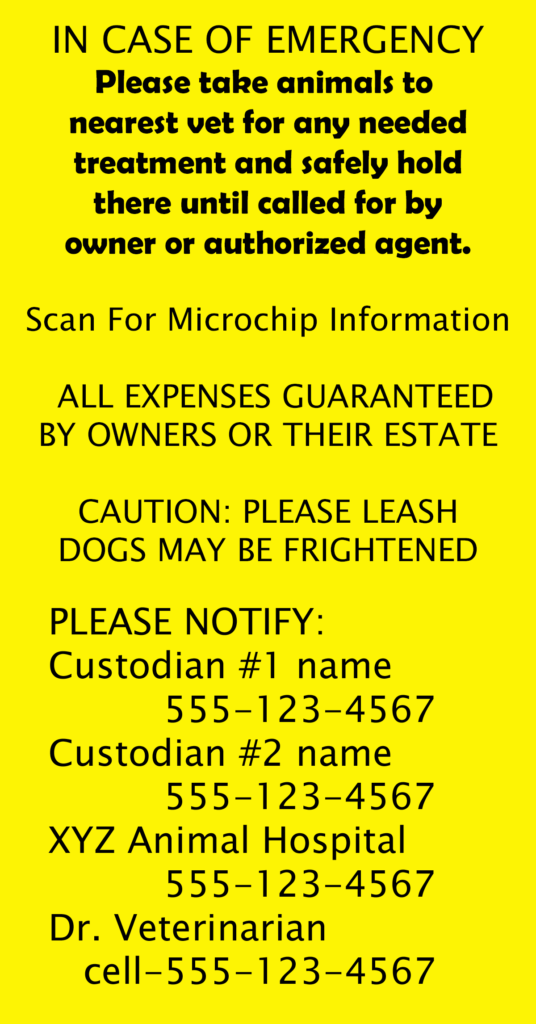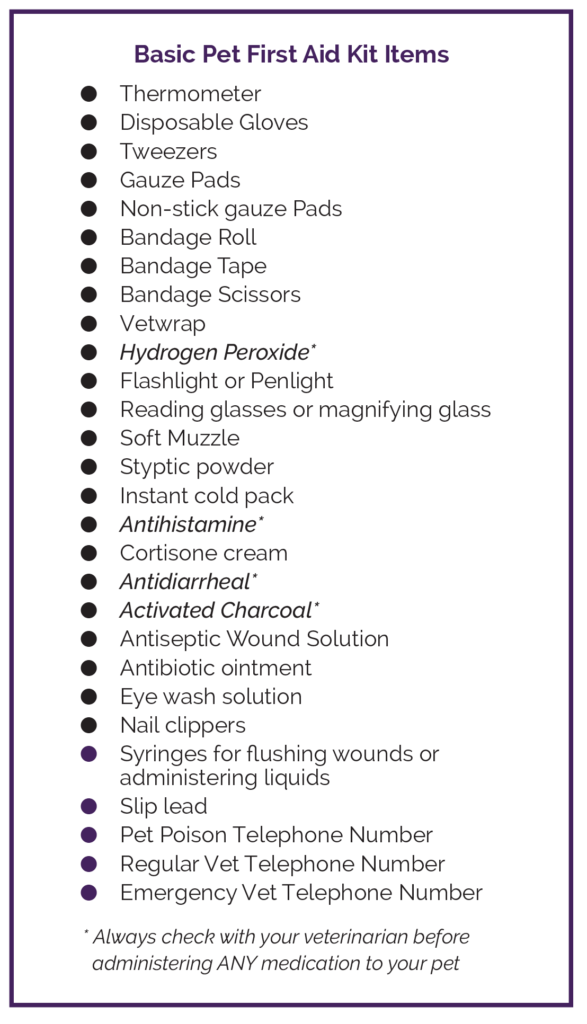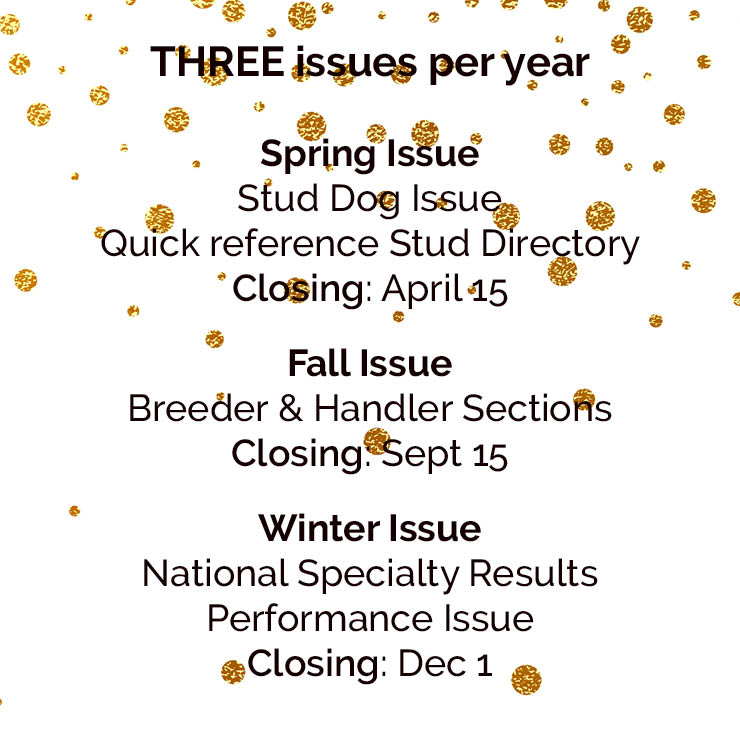Existentially Elizabeth: June 2020
Posted on June 15, 2020

Many of us have an emergency plan in mind to evacuate our dogs away from our homes in case of fire, hurricanes and the like. But Covid-19 has brought a new dynamic to such emergency plans- what to do when we are ordered to shelter in place.
As we attempt to recover from Covid-19 and the loss of life it brought, we must be cognizant that the next novel pathogen may be even more insidious, contagious and fatal. Therefore it is not reasonable to assume that someone within your home could take over the dog care should you get sick or die, or if you live by yourself that the one person you designate could fulfill that task. We cannot assume that the veterinary clinics will be open, or that factories will be operational and transportation running so that shelves will be restocked.
We must consider such questions as what if I am hospitalized for weeks, unable to communicate with family and friends? What if I die? What if my family members or friends are also incapacitated? What if everyone is put under a Shelter in Place order for a prolonged period?
As I thought long and hard about my own future emergency plan here are some of the ideas that I came up with.
Custodians– First and foremost is to have not one, but rather a list of designated custodians who agree to jump into action in case you are incapacitated. These persons should be close enough to be at your location within a few hours, know how to gain access to your house, and have a vehicle large enough to transport your dogs if necessary (or know where to locate keys to your vehicle if needed). Custodians should have on hand a letter from you giving them your consent to seek veterinary care for your pets along with a guarantee to pay all costs associated with that care (or to be reimbursed from your estate in the event of your death). Post the names and contact info for these custodians in a visible location for first responders to see so custodians can be notified of your situation.
Food and Medications– As many of us experienced throughout April, dog food became harder to locate. Even our usual online food services had shortages and backorders. For folks who had not considered this impact and were accustomed to reordering food a week before they ran out, the new reality meant frantic searches with some having to change foods in order to wait out the backorders. A good plan going forward would include always having a 2-month supply of food on hand.
As many medications are sourced from China, the ready availability of some came into doubt. Even had the pandemic not come to the US, the outbreak and subsequent shutdown in China adversely affected the supply chain of not only whole medications, but many of the components imported by US manufacturers to make medications. With this in mind it may prove beneficial to keep a 2-3 month supply of medications on hand.
Keep a current food and medication list posted so your designated custodians know how much to feed and what medication dosages to give. If the medication was not received from a veterinarian, note where to reorder more from.
Download the VitusVet Pet Health Care app– This app was developed by a veterinarian after the needless loss of one of his patients due to the lack of access to vital information on a Sunday when veterinary clinics are traditionally closed. In addition to having all your pet’s medical records available in an emergency, the app helps you manage the care of your pets such as creating reminders for medications, grooming, diet and vaccinations. One of the key features that prompts me to recommend it in the context of this writing is that members of your family, friends and pet care team (pet sitter, groomer, co-breeder, co-owner, custodians) will have login access to upload information and locate records through the VitusVet app. Just send an invitation to whoever you want to have access.
Download the Pet First Aid app- A must have in case of emergency. The app has common conditions that you may need help with ranging from allergic reactions to drowning, and hypothermia to smoke inhalation. For each condition there are immediate things the owner can do until veterinary care can be accessed. Along with this app, have a well-stocked dog first aid kit on hand.
On-going crating– While most of us crate train our puppies, it is important to make sure that our adult dogs are still comfortable being occasionally crated. If you are incapacitated your dogs may need to be safely transported and housed – in most cases this will require at least some time spent in a crate. Dogs that are accustomed to occasional crating will be less stressed in these circumstances.

Microchip- Chip your pets with universally read microchips. Register the microchip, and importantly, list an alternative contact in case you are incapacitated. Your alternate might be the dog’s breeder, co-owner, one of your custodians or local kennel club member.
Additional thoughts for Exhibitors– When you travel crates should be marked with each dog’s name, food and medication instructions. Post an emergency contact list including family, your veterinarian and/or your designated custodians in case you become incapacitated.
Additional thoughts for Breeders– Keep extra milk replacement, puppy food, dewormers, newspapers and other supplies on hand. Puppies may be harder to place due to restricted travel, so have extra ex-pens on hand to divide the puppies as needed if you must keep them past 10-12 weeks as they start sparing with each other.

Additional thoughts for Handlers– Whether you are at your home base or on the road, crates should be marked with each dog’s name, owner name and contact info, and food/medication instructions. Food and belongings should be marked as to what dog it belongs to. Have an overall emergency contact list including family and/or other handlers in case you become incapacitated.
Have you come up with ideas to expand your emergency plans in the wake of Covid-19? I’d love to hear them.
Thanks for inviting us into your home,
Elizabeth

